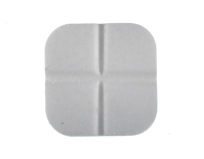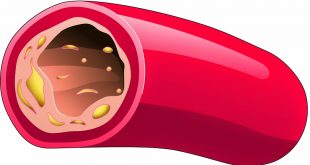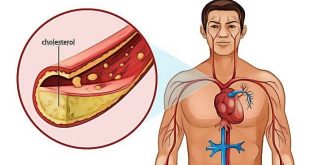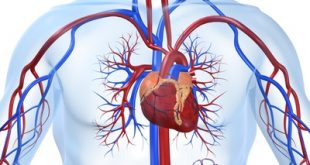Indication
Antihypertensive
Dose
Dose are individualized depending on the patient condition. Please consult your doctor or pharmacist for the suggestion of treatment for your hypertension. Once you started your hypertension medication, take the medication regularly and accordingly.
Administration
Generally, it is advisable to be taken before meals for maximum effects. Otherwise, refer product insert for specific instruction:
| Generic Name | Administration |
| Captopril
|
Take on an empty stomach 1 hour before or 2 hours after meals. |
| Enalapril
|
With or without food. |
| Perindopril
|
Take on an empty stomach 1 hour before or 2 hours after meals. |
| Ramipril | With or without food. |
| Lisinopril | With or without food. |
| Imidapril | Take 15 minutes before meals. However, when initiating therapy, first dose should be given at bedtime. |
Mechanism Of Action
ACE inhibitors produce vasodilation (widening of the blood vessels) by inhibiting the formation of angiotensin (a substrate use to constrict the blood vessels / vasoconstrictor). Reducing angiotensin formation leads to arterial and venous dilation, which reduces arterial and venous pressures.
By reducing the effects of angiotensin on the kidney, ACE inhibitors cause natriuresis (excretion of sodium in the urine) and diuresis (increased excretion of urine), which decreases blood volume and cardiac output, thereby lowering arterial pressure.
ACE inhibitors also inhibit break down of bradykinin (a vasodilator substance). Therefore, an increase in bradykinin levels, which can contribute to the vasodilation of the blood vessels, thereby, lowering the blood pressure.
Side Effects
Side effects for each drugs are individualized and may differ between patients. Most common side effects for each drugs are listed below :
| Generic Name | Possible Common Side Effects Iclude |
| Captopril | Rash, itching, angioedema (lip swelling and subside within 24 hours) , cough, stomach discomfort, hypotension, increased serum potassium |
| Enalapril | Dizziness, headache, fatigue, hypotension, nausea, rash, cough, increased serum potassium |
| Perindopril | Dizziness, headache, fatigue, hypotension, nausea, cough |
| Ramipril | Dizziness, headache, fatigue, hypotension, nausea, abdominal pain, persistent dry cough |
| Lisinopril | Hypotension, dizziness, weakness, persistent dry cough, headache, fatigue |
Consult your doctors or pharmacists if you are facing any side effects from the antihypertensive drugs that you are taking.
Storage
Advisable to be keep in the original envelopes with instructions on how to take clearly stated on labels. Keep at room temperature otherwise, refer product insert for specific temperature storage.
References
- Mechanism of Action of Angiotensin Converting Enzyme http://www.cvpharmacology.com/Acilliary/search
- http://pharmacologycorner.com/mechanism-of-action-video
- British National Formulary (BNF) 61 March 2011
- MIMS 128th Edition 2012
- ‘Cara Penyimpanan Ubat Yang Betul’ (http://www.myhealth.gov.my/v2/index.php/my/ubat-a-anda/umum/cara-penyimpanan-ubat-yang-betul)
| Last Reviewed | : | 2 March 2016 |
| Writer | : | Azura Binti Musa |
| Translator | : | Azura Binti Musa |
| Accreditor | : | Dr. Siti Norlina Binti Md. Said |
 PENDIDIKAN PESAKIT Kementerian Kesihatan Malaysia
PENDIDIKAN PESAKIT Kementerian Kesihatan Malaysia






